In contrast to Taylor Swift’s diaristic approach to pop songcraft, Abel Tesfaye has kept himself, via his persona as the Weeknd, at arm’s length in an era where musicians insist on frankness, and so much music is tied up in meta-narratives. But with his sixth studio album, Hurry Up Tomorrow, it seems as if Tesfaye has grown tired of the mask. The final installment in a trilogy, following 2020’s After Hours and 2022’s Dawn FM, the album attempts to send off pop’s most enigmatic figure in ambitiously cinematic fashion.
With production largely helmed by longtime collaborators Mike Dean and Oneohtrix Point Never, Hurry Up Tomorrow takes the electro-pop of the Weeknd’s last two albums and drenches it in an atmosphere of existential dread on gothic slow burners like “Big Sleep,” featuring Giorgio Moroder, and “The Abyss,” featuring Lana Del Rey. Yet, even as Tesfaye leans into a sense of finality, tracks like “São Paulo”—a thumping Brazilian funk banger featuring Anitta—prove that he’s still eager to experiment until the very end.
In addition to looking ahead, the album also works as a sort of retrospective of older Weeknd sounds and styles. “Baptized in Fear” sounds like a crisper, more confident version of the balladry found on 2013’s Kiss Land. And the standout “Cry for Me” carries the melodic DNA of 2015’s Beauty Behind the Madness, albeit filtered through the production style of his last few albums. It’s the most Weeknd-sounding song on the 84-minute Hurry Up Tomorrow.
In looking backward, though, the album at times starts to feel too much like a retread. “Open Hearts” is a less compelling version of the harsh electro grooves Tesfaye perfected on Dawn FM, and “Drive” attempts to recapture the late-night nostalgia of After Hours. The latter track’s verse lacks a clear melodic anchor, while its chorus is overly familiar.
Indeed, the main thing holding Hurry Up Tomorrow back from truly being a euphoric swan song for the Weeknd is its lack of great hooks. Midway through, the album settles into a slow-to-moderate tempo that begins to feel like a slog. Similarly bloated albums, like Taylor Swift’s The Tortured Poets Department, at least offer the listener the appeal of learning more intimate details about its creator. While we know little about Tesfaye by design, we don’t know all that much about his alter-ego either—outside of his love/hate relationship with drugs, sex, and fame.
Not much has changed here, only that it feels like Tesfaye has had enough of it. “Take me to a time when I was young and my heart could take the drugs and heartache,” he pleads on “Baptized in Fear.” Vocally, he sells tortured exasperation better than most, but for an album so consumed with its creator’s farewell, its lyrics circles the same familiar themes over and over. Tesfaye is tired of the Weeknd, and after a while, you start to feel it too.
The exception to this rule is the album’s closing title track, in which Tesfaye finally removes the mask. “I’m drowning in the same tub where I learned how to swim/With my mother trying to save every ounce of my innocence/I failed her like I failed myself, I’m sorry.” This small but potent moment of personal storytelling delivers the emotional catharsis that the rest of Hurry Up Tomorrow reaches for but buries under the weight of its own ambition.
Since 2001, we've brought you uncompromising, candid takes on the world of film, music, television, video games, theater, and more. Independently owned and operated publications like Slant have been hit hard in recent years, but we’re committed to keeping our content free and accessible—meaning no paywalls or fees.
If you like what we do, please consider subscribing to our Patreon or making a donation.

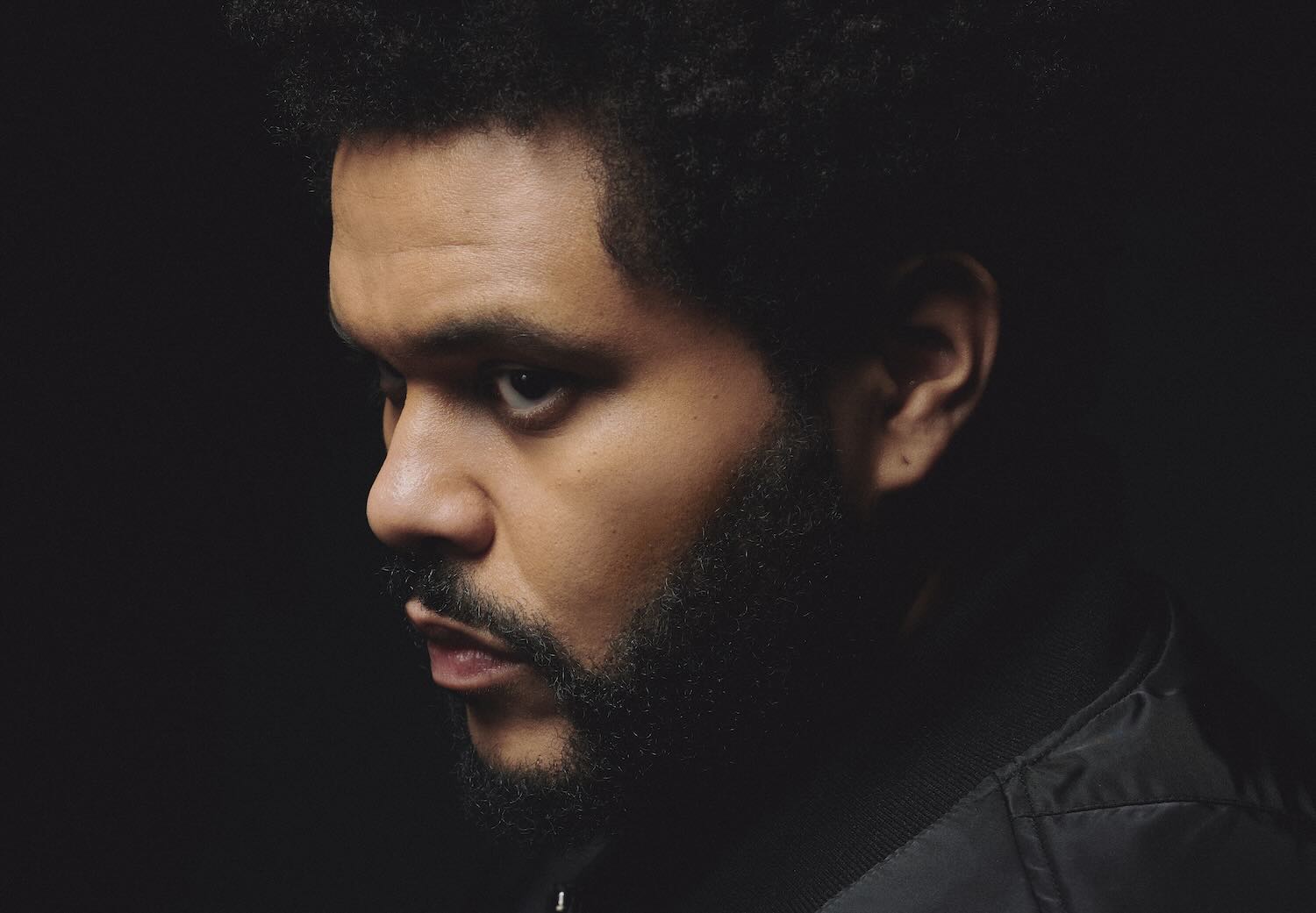
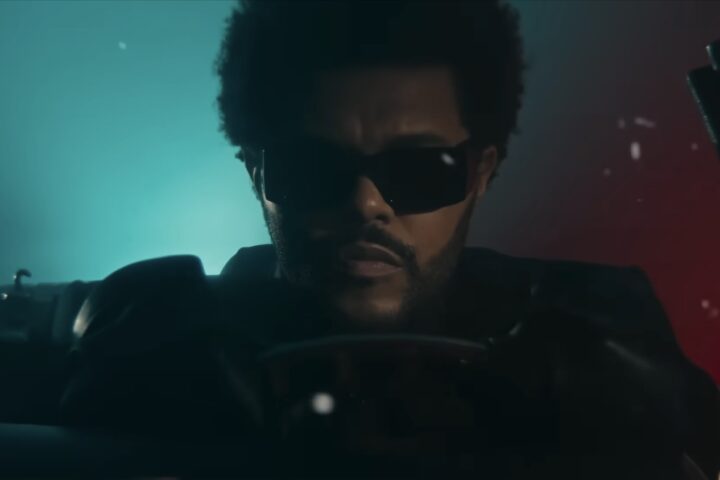

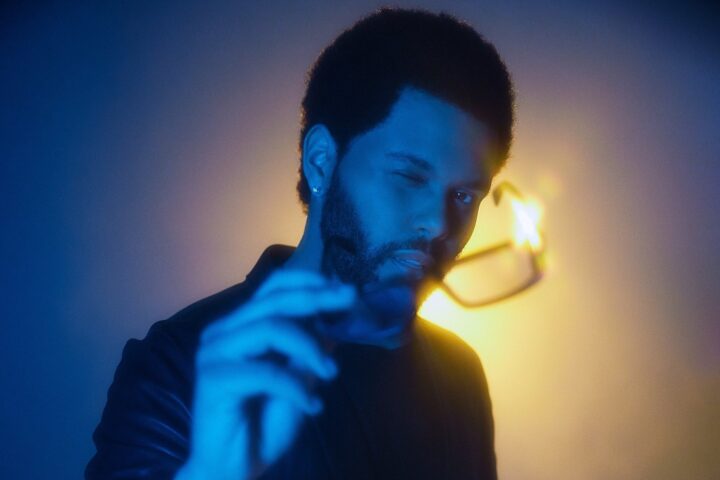
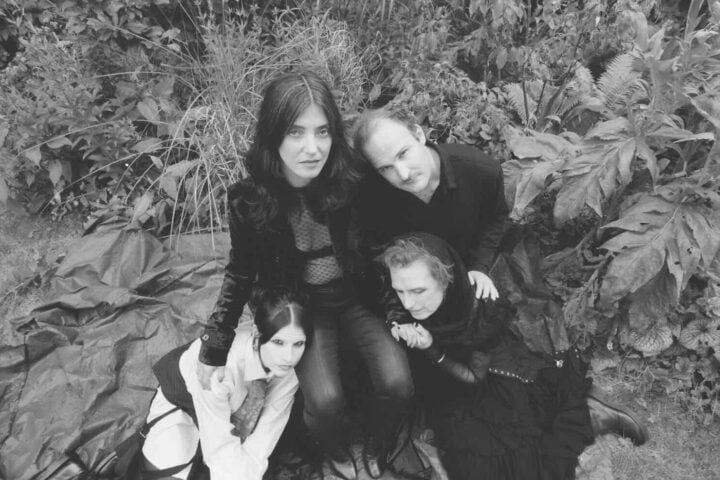
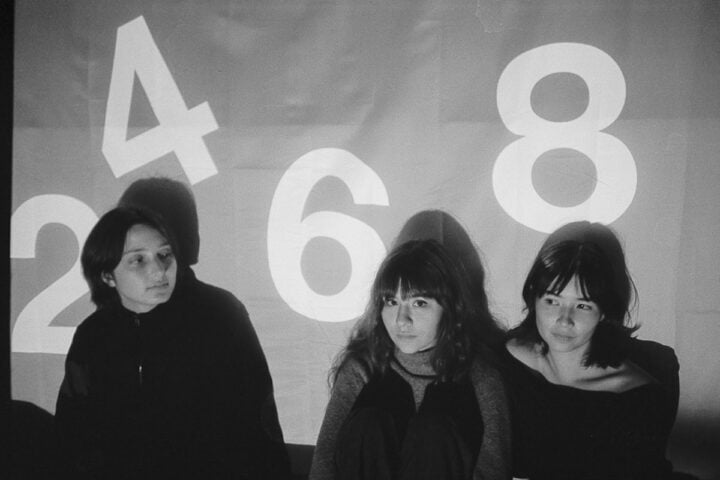
This is absolutely criminal. This record is easily a 5 out of 5. You mentioned “the lack of great hooks”, so what? This is because the structures of the tracks are totally different in this record, so for that reason they shouldn’t be great tracks? It makes no sense. The tracks are great, strong and more important they are solid. And he has done it in an incredibile cohesive and cinematic way. Also, should it be a problem feeling that Abel is tired of The Weeknd persona? Indeed, it is probably the most coherent and logical thing if we think about the end of a journey started with House of Balloons. A “specialized” magazine cannot listen to a record like this and belittle it in this way.
Michael, this is response means you might need to start a blog. Thanks for the review Nick.
Hackjob of a review. Comparing Abel to Taylor Swift? Not finding hooks in Max Martin’s songs? This album deserves way more than 3/5 rating, or the writer needs to listen to it a few more times. It’s not “accessible” to everyone.